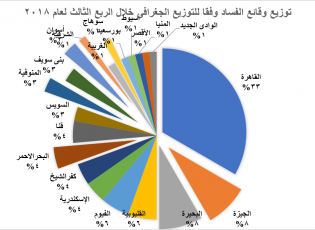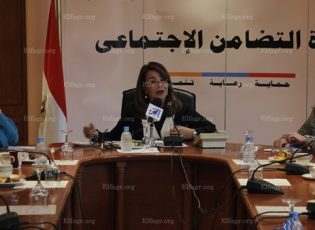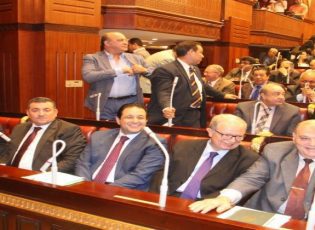For the fifth year in a row after the January 2011 revolution, the Egyptian government approves the state’s general budget in the absence of an elected parliament, and with the exception of the fiscal year 2012/2013, in which Parliament participated partly in approving its general budget, all other budgets, including the budget for the next fiscal year 2015/2016 were approved. Without presenting to the elected body that is constitutionally mandated to approve the budget.
The Partners for Transparency Foundation (PFT) followed up on the Egyptian government at the end of last week approving the state budget for the fiscal year 2015/2016 in preparation for submitting it to the President of the Republic for approval. Apart from the budget details that require in-depth and objective analysis, the Foundation believes that the government of Mr. Eng. Ibrahim Mahlab was not keen on providing mechanisms for community participation in the process of preparing the state’s general budget. The political alignment required the government to overcome the parliament’s absence gap by more involvement of national stakeholders in discussing the budget and arranging its priorities and biases.
Although Partners for Transparency (PFT) commends some of the measures taken by the Ministry of Finance prior to preparing the budget, specifically issuing a citizen's budget guide, issuing a preliminary budget statement explaining the general framework within which the budget is prepared, and it considers that they are good steps that are calculated for the ministry, but it has reservations about not Allocating sufficient time to discuss the budget in the mass media before it is approved by the Council of Ministers and submitted to the President of the Republic.
The Foundation calls on the Ministry of Finance to issue a simplified guide for the state budget for the fiscal year 2015/2016, which includes specific numbers related to revenues and expected spending items, in order to achieve the required transparency principle, and to enable citizens to hold government authorities accountable during the next fiscal year.
Short link: https://pfort.org/en/?p=118













